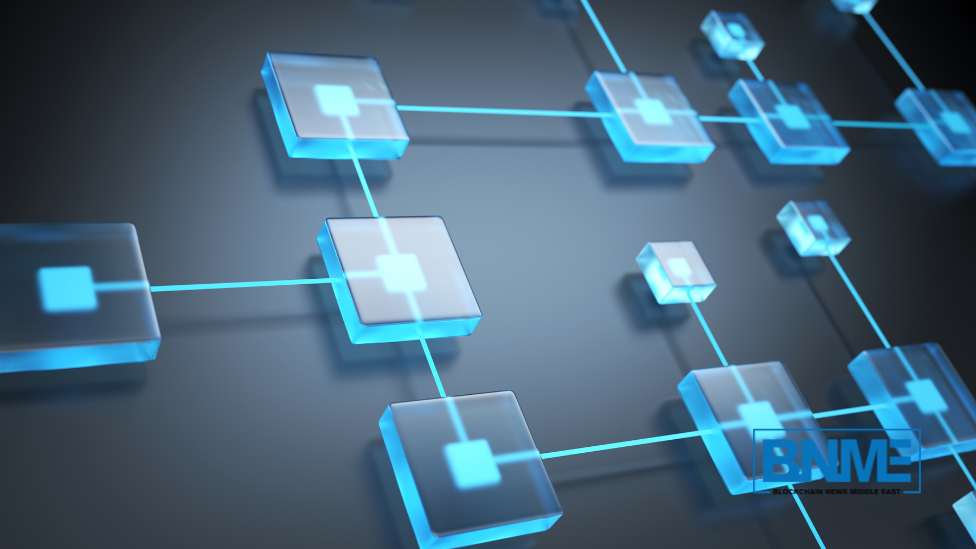Since Bitcoin was released, blockchain has been touted as one of the most revolutionary technologies of the 21st Century. However, blockchain is much more than crypto’s enabling technology. Global stakeholders have started to realize the numerous blockchain use cases that the technology offers.
One of the major industries that blockchain use cases can significantly impact is healthcare. This article highlights the five major ways in which blockchain technology can be applied to the healthcare industry.
5 Blockchain Use Cases for the Healthcare Sector
Supply Chain Management
Counterfeiting is one of the major challenges of virtually every industry. However, it is even more dangerous in the healthcare industry. This is because counterfeit drugs could result in deaths. Blockchain technology could potentially solve this problem.
Blockchain offers a decentralized and immutable ledger that can actively record every activity made regarding a product. This way, a product’s journey throughout the supply chain is duly documented on the blockchain. Also, the records are secure and can hardly be tampered with. This way, you can pick up a drug or medical device and verify its authenticity on the blockchain.
Documentation of Patients’ Records
One of the biggest problems healthcare professionals face is having access to the complete medical history of patients. Today, many healthcare systems battle with maintaining organized and up-to-date medical records.
Also, it is quite difficult for patients to move their healthcare records across different systems. This makes it almost impossible for healthcare professionals to gain access to medical records. There is no doubt that this problem can significantly affect the quality of diagnosis and treatment.
Blockchain solves this problem by storing patients’ medical history on a distributed ledger. This way, any healthcare professional can easily gain access to these records. It must be noted that the records are not stored directly on the blockchain.
Instead, they are stored in the form of a unique hash that can be decoded with the patient’s consent. This can significantly reduce the difficulties with accessing patients’ records. Also, blockchain’s security reduces the possibility that these records would be tampered with.
Verifying Credentials
Credential fraud is a major issue in healthcare. Just last year, the US Department of Justice charged some individuals for issuing thousands of fraudulent nursing degrees. The prevalence of fake credentials endangers so many lives, as it increases the risk that patients will be treated by unqualified professionals.
However, blockchain technology provides a solution. Accredited credentials can be stored on the blockchain, and anyone can confirm the authenticity of claimed credentials. This way, unqualified medical professionals can be easily weeded out.
IoT Security
Today, the use of remote monitoring tools has significantly increased in the healthcare industry. These monitoring devices enable medical providers to get real-time information on a patient’s condition. These devices are also powered by the Internet of Things (IoT).
However, the major problem with IoT is that it is susceptible to attacks. These attacks often interrupt the exchange of information or alter the authenticity of the information shared. There is also the risk that unencrypted data transmission can expose confidential information.
Blockchain improves the security of these IoT devices by storing information in an immutable ledger. Also, since blockchain supports interoperability, information can easily be shared from these remote monitoring devices to approved providers.
Conclusion
Blockchain’s technology’s revolutionary status is largely unarguable. In the coming years, we will likely see a trend of health companies deploying blockchain use cases into their processes in the Middle East.




























